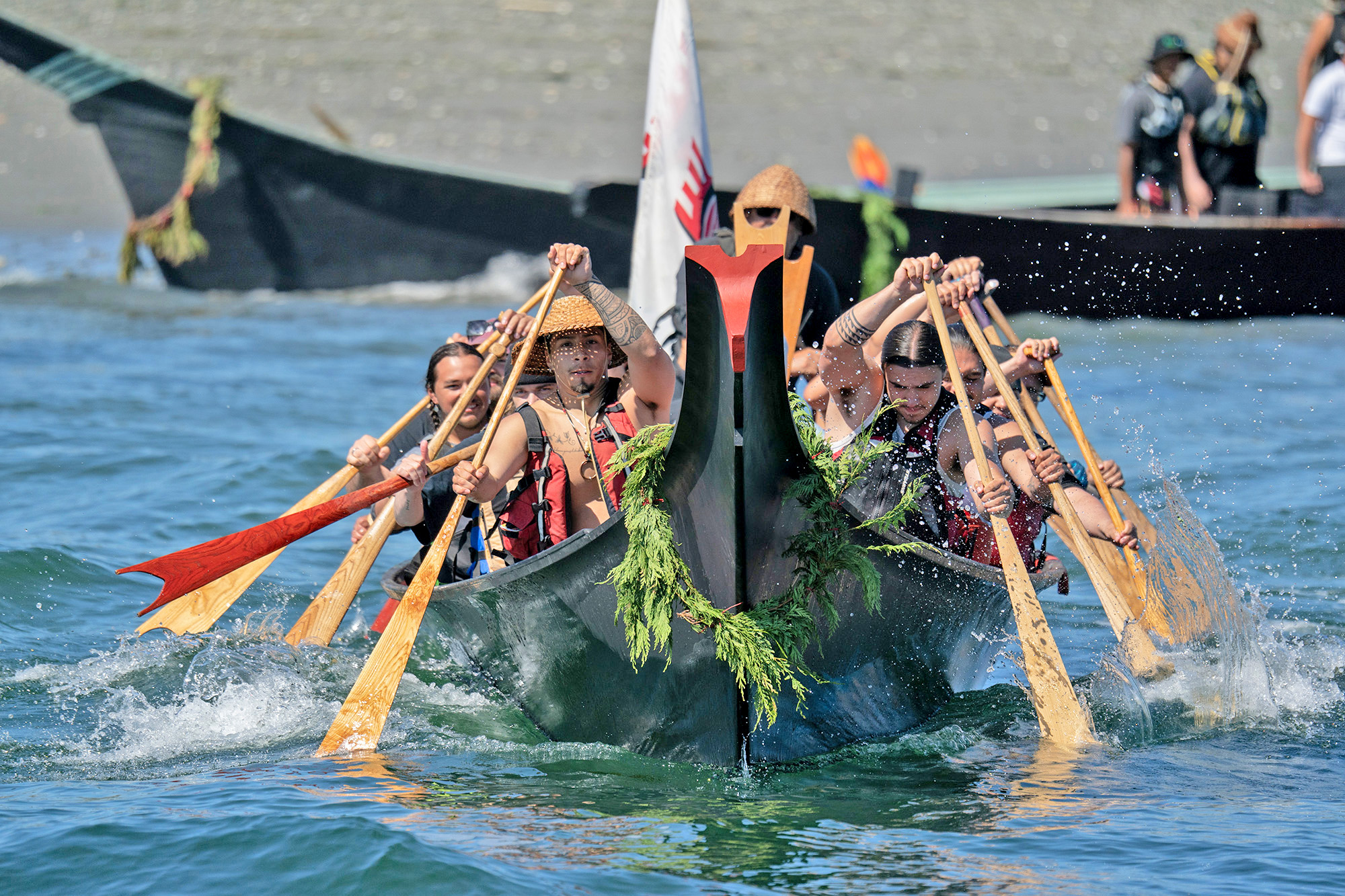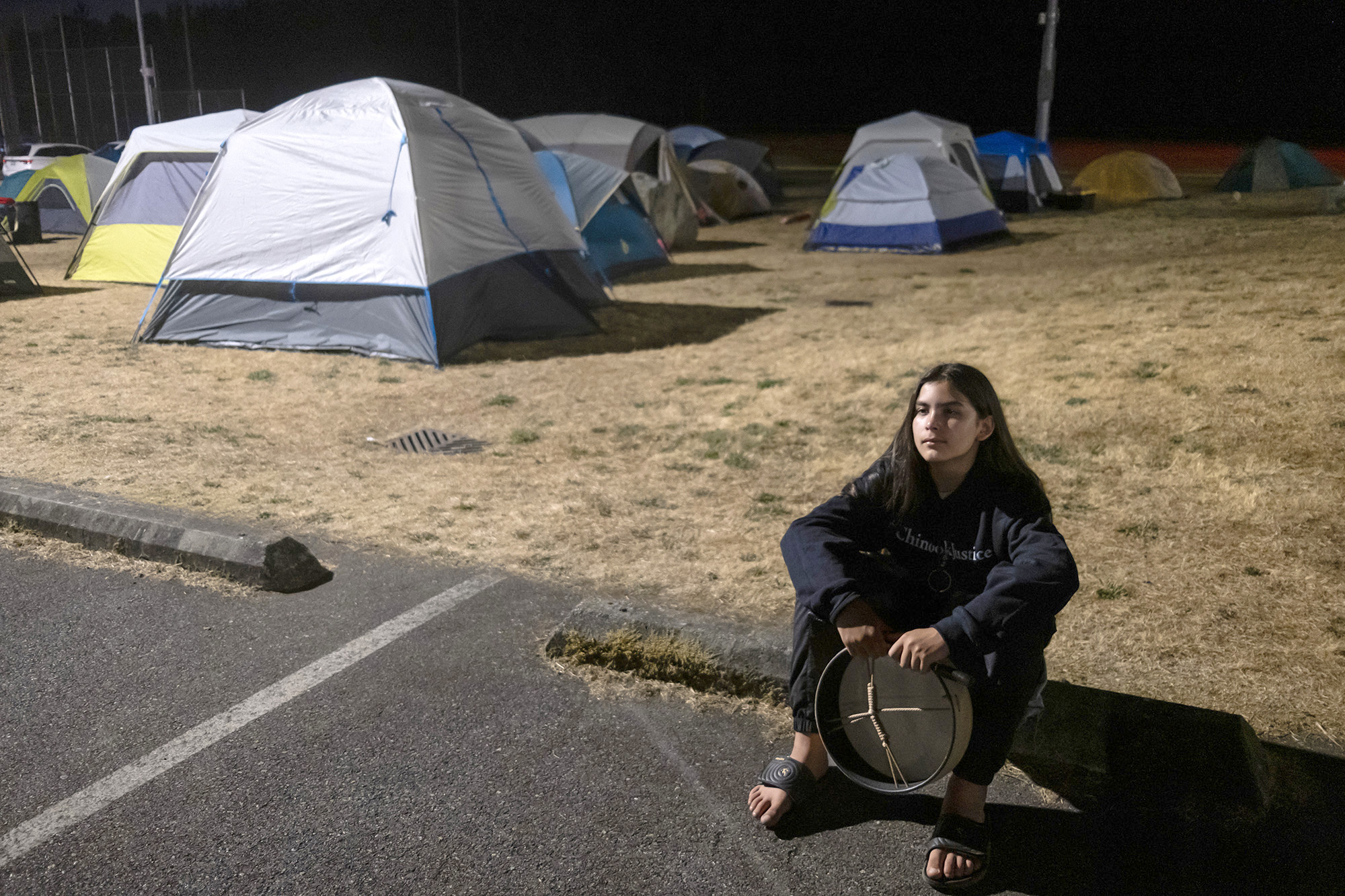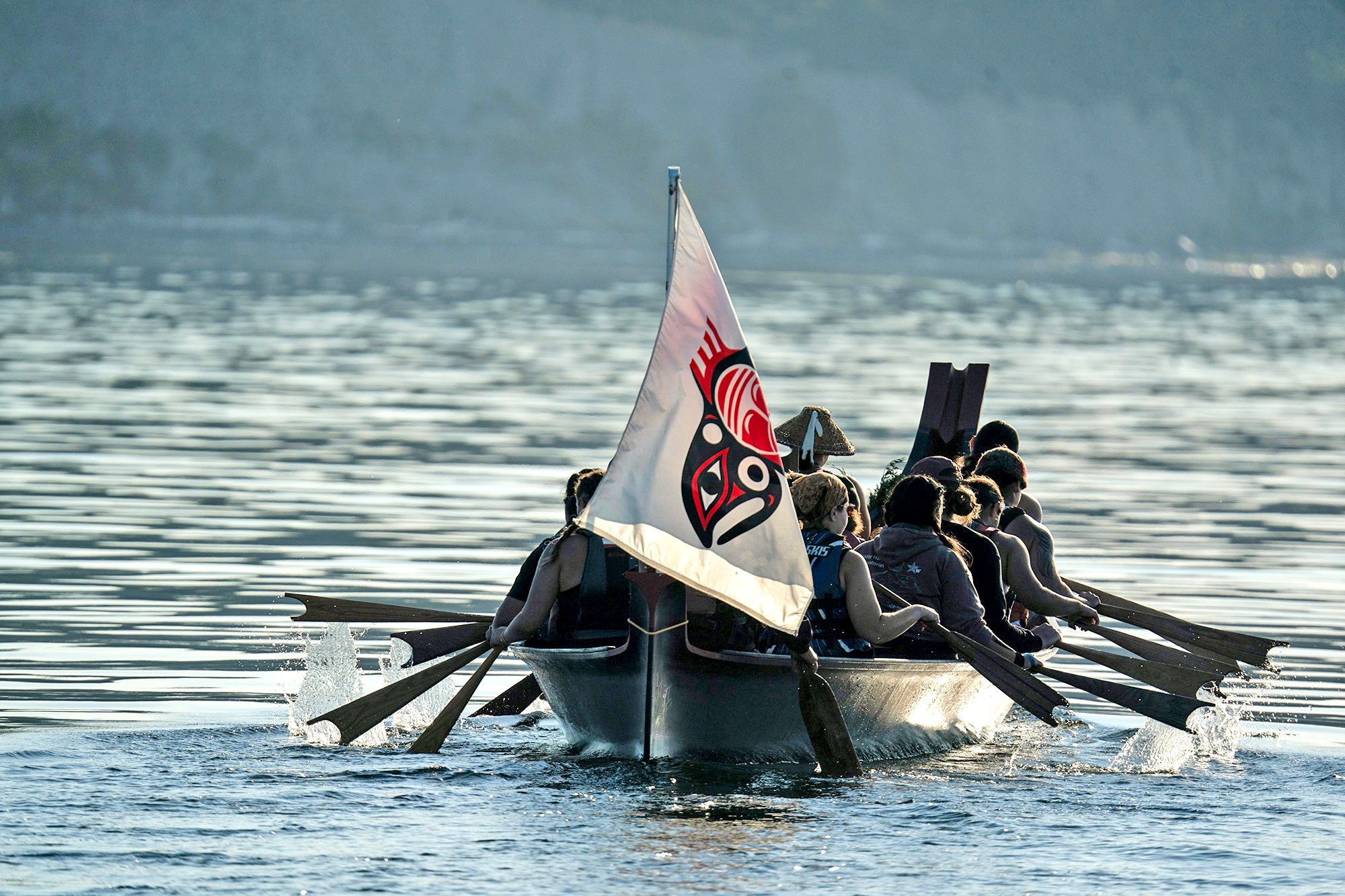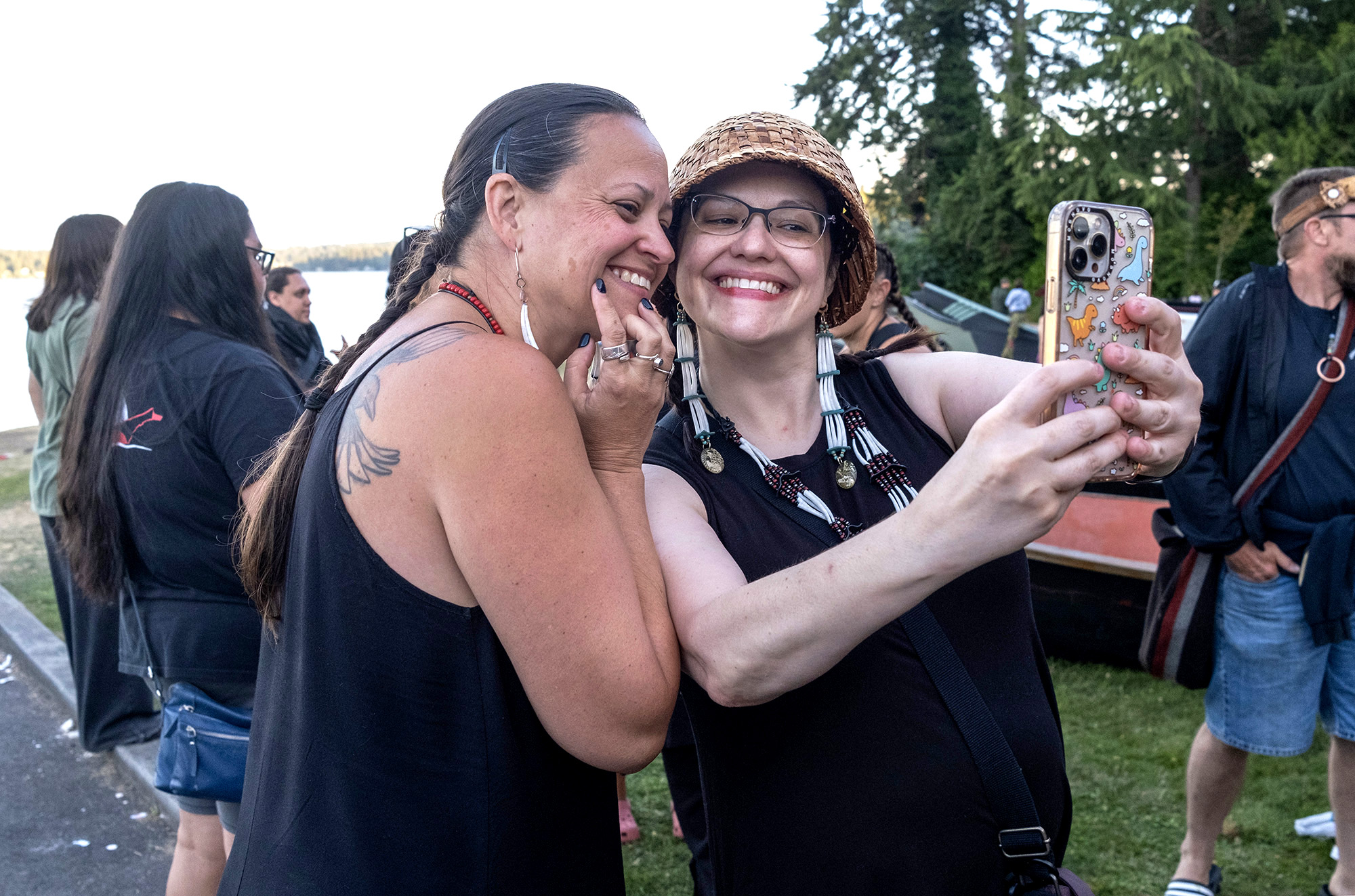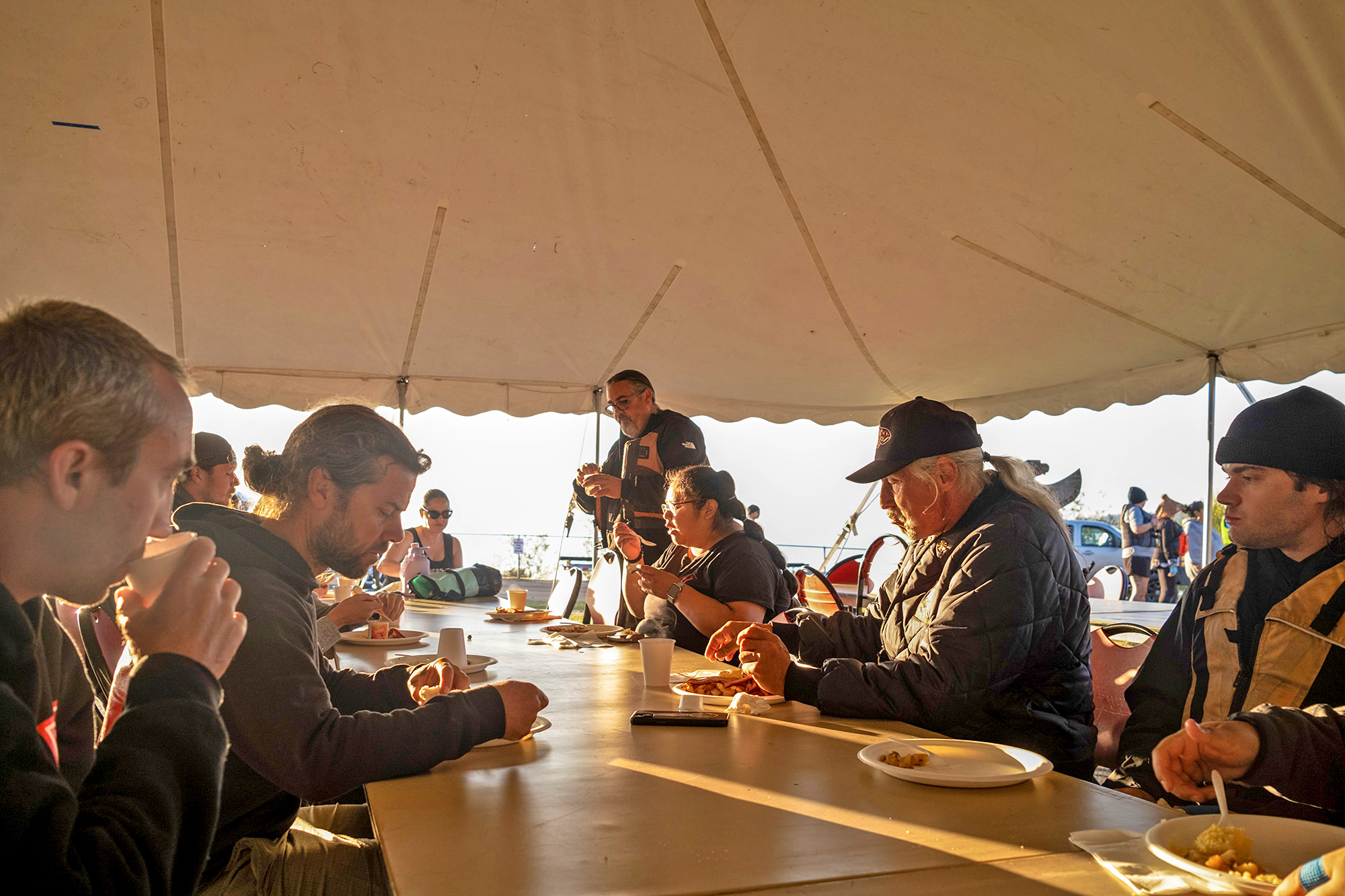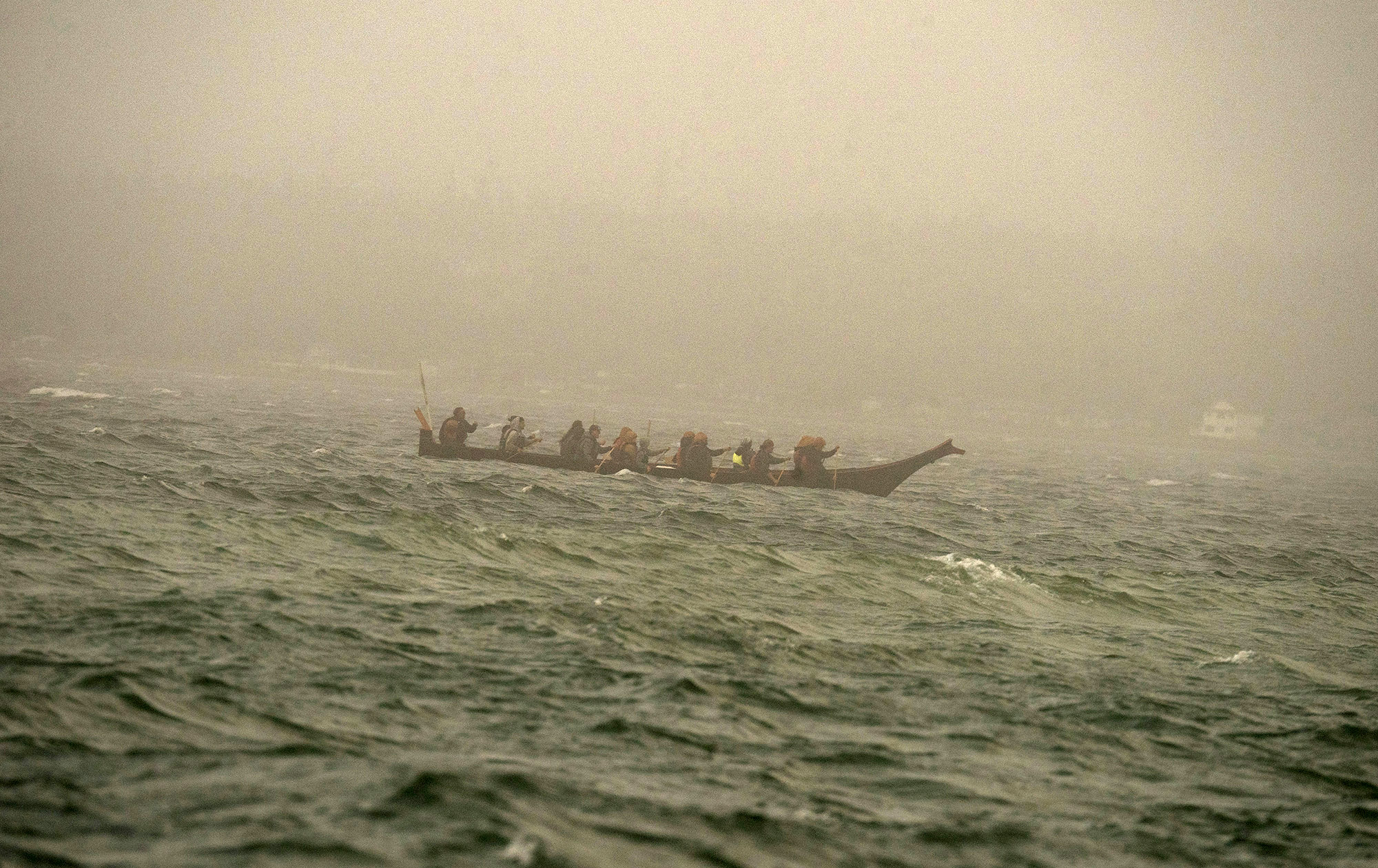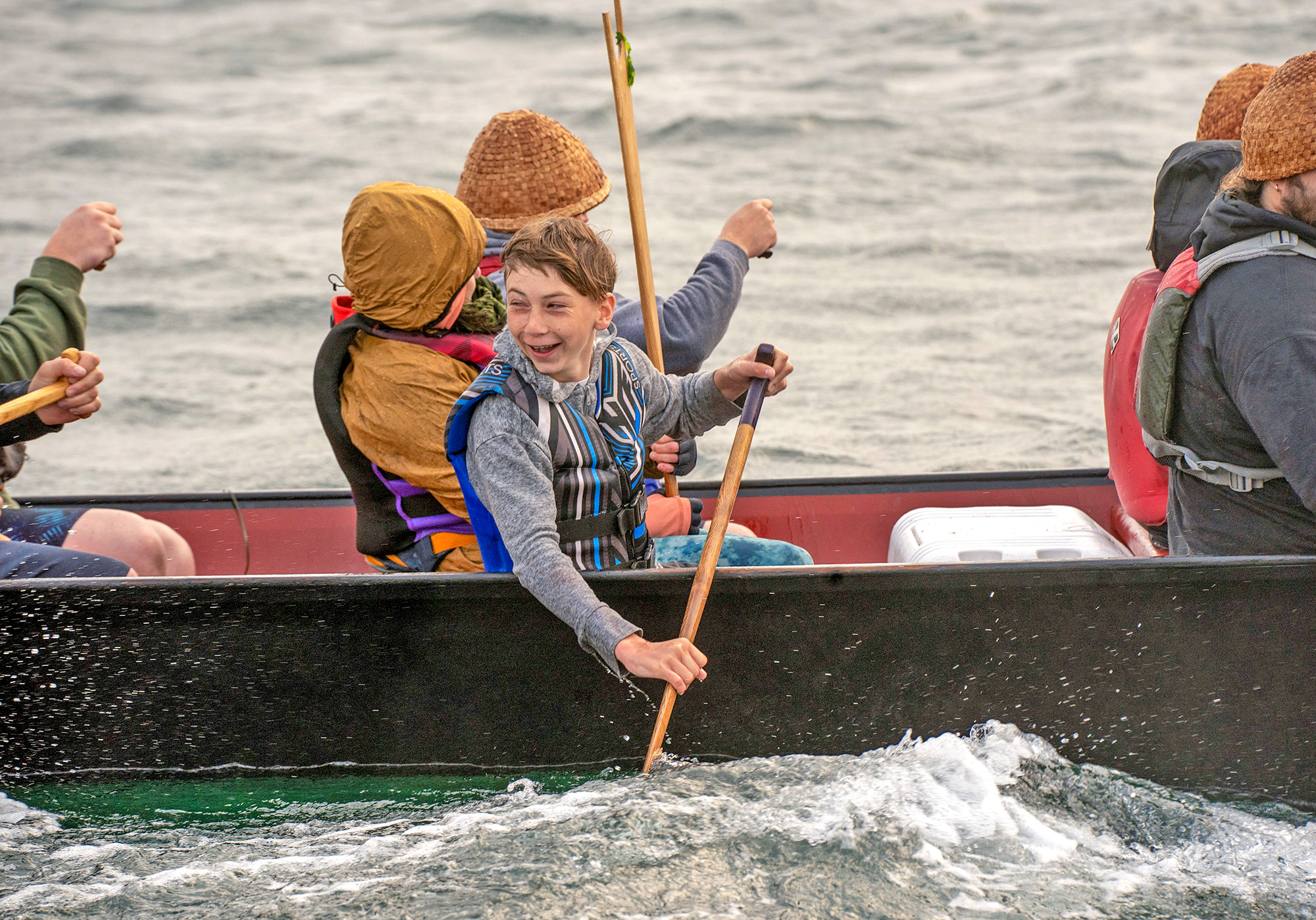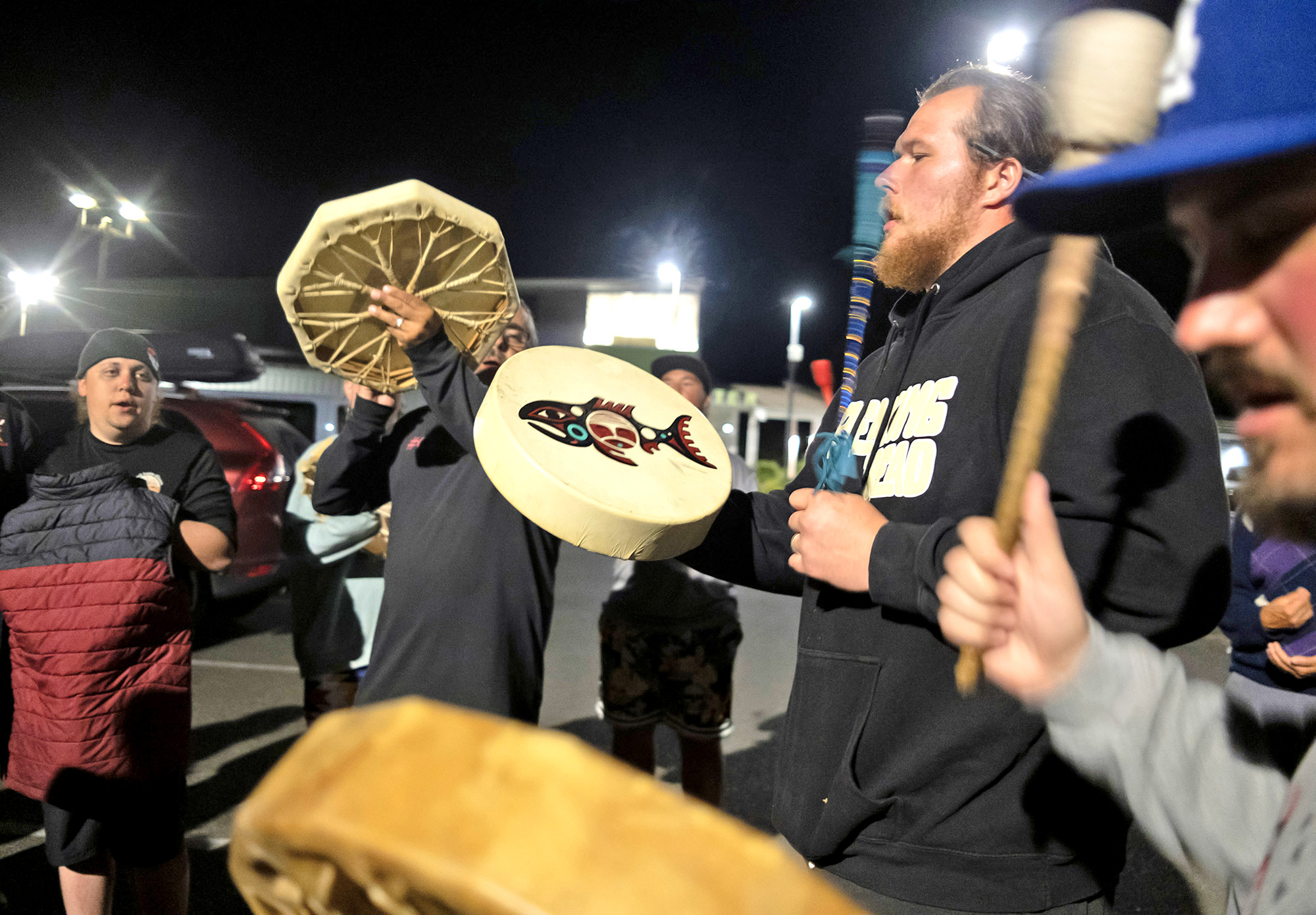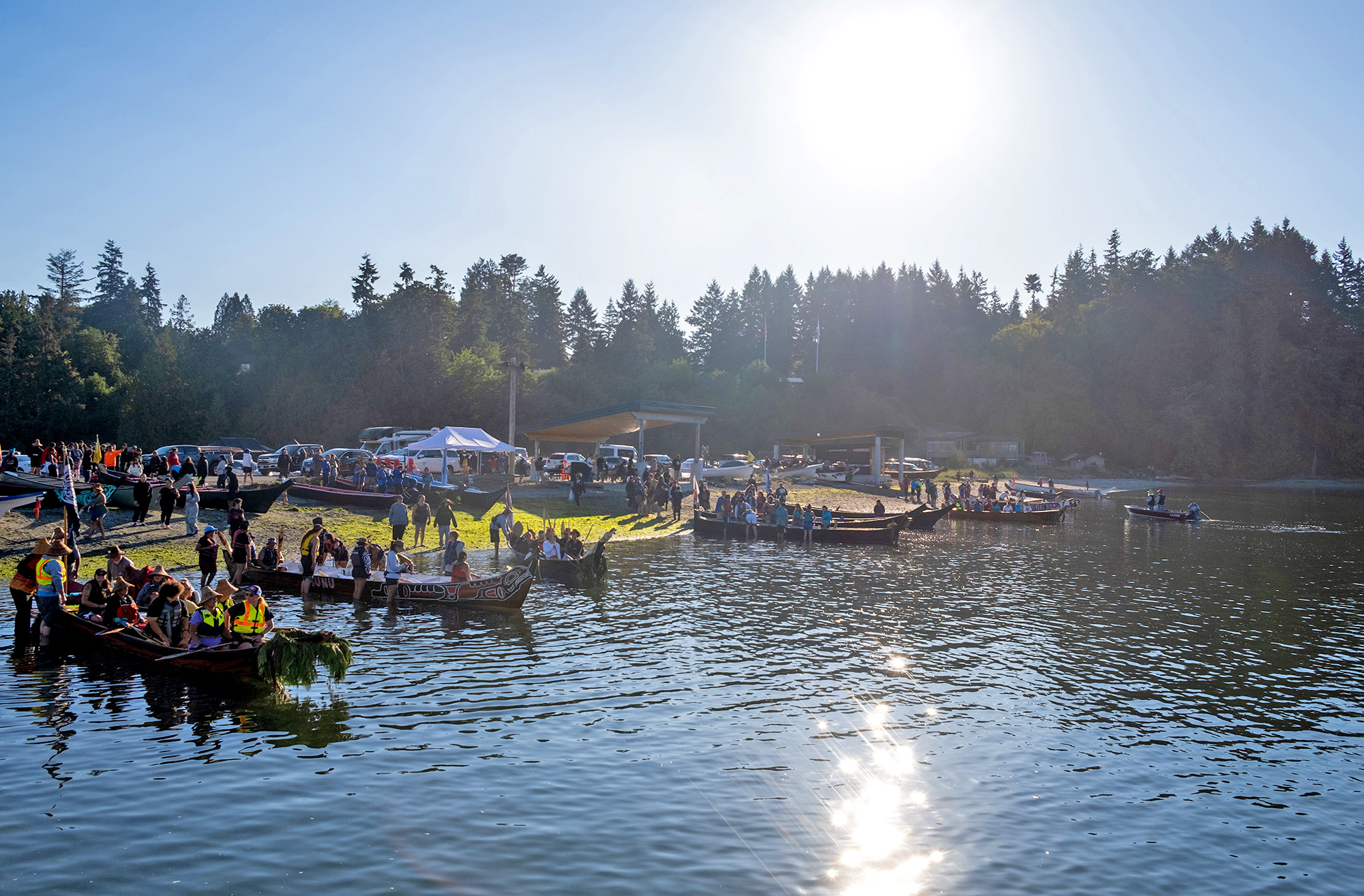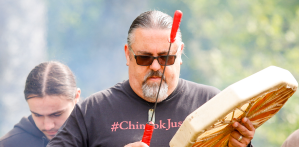Healing, celebrating, advocating: Chinook take to the water in 2025 Tribal Canoe Journey
Published 4:39 pm Monday, August 4, 2025









It is summer, and the season of Tribal Canoe Journey begins. This is a special time for me and for Indigenous people of the Pacific Northwest. This tradition, once outlawed in the U.S., now brings us together again on our ancestral highways. It is a time to honor our culture, perseverance, healing, community, generosity, the cycles of seasons and to pay homage to our ancestors.
Canoe Journey was reborn to reclaim and celebrate our culture. Beginning in the late 19th century, colonial governments in both Canada and the United States outlawed Indigenous cultural and spiritual practices. In 1989, with the Paddle to Seattle, Native leader Emmett Oliver (Quinault) advocated for the revival of Canoe Journey in Washington.
The journey is our way of life, not just a summertime festivity. It is exercising our sovereignty, and it cannot be taken from us. Canoe Journey is a form of resistance to the threats that harm our ecosystems and our health.
This year, the journey is hosted by the Lower Elwha Klallam Tribe with the theme of “Dams Removed — A River Reborn — Spirits Renewed.” After decades of effort, the tribe breached the Elwha and Glines Canyon dams on their Elwha River. Salmon have returned. The ecosystem and the landscape are healing. That is the hope of generations, that is the perseverance of Canoe Journey, that is the power of this way of life. As an Alaska Native who cares deeply about salmon and fisheries, and in my role with Washington Conservation Action, I’m advocating for the removal of the lower Snake River dams to restore abundant salmon runs.
A long project
Canoe families prepare year-round for the weekslong paddle. Many pullers practice cold-water training during the winter. This builds resilience for a challenging journey. Should a canoe capsize, it will help them respond and survive.
Canoe awakening ceremonies begin in the early spring. Awakening breathes life into the spirit of the canoe and its paddles after a period of hibernation. It blesses the canoe and the canoe families for a safe journey ahead. We begin stocking up on traditional foods and medicines to get us through the year, and we will share them in the potlatch at the end of Canoe Journey.
Paddling by day, resting by night, canoe families visit different tribal nations along the way. We pay our respects and offer gratitude through sharing meals, song and dance, and storytelling. We give gifts that we’ve worked hard to prepare. Community and spirituality are essential to this way of life.
Getting in the canoe taught me the importance of trust, communication, humility and perseverance. When the waters get rough, everyone’s safety depends on the unity and strength of the paddlers. With each stroke, you’re taking care of each other.
Trending
Canoe lessons
The canoe teaches you that, as in daily life, when you’re moving through an internal struggle, you are never alone. Your ancestors are with you. Even when you feel weak, your people will keep pulling for you. The canoe isn’t just a mode of transportation — it’s a place of healing.
Paddling, or as we call it, “pulling,” is a form of prayer. While we’re out there on the water, we’re moving in prayer not only for our families and our safety, but for the land, the water, and all of our animal relatives. I’ve cried many times out there, witnessing the sheer beauty of this place we call home.
I’ve also cried when I’ve seen the damage done to the natural world. Sometimes, we have to pull through untreated sewage. Often, industrial emissions from ships blow over us. We have to pull through the vessel traffic and noise. We have to pull through the pollution.
We feel for the animals who cannot avoid it. Like the generations of ancestors who have come before us, we carry the weight of responsibility to protect the environment. If we do not, who will?
The journey runs July 31-Aug. 5. Info: paddletoelwha.com.
Stephanie Masterman is an enrolled citizen of Tlingit and Haida Indian Tribes of Alaska. She is Tribal Nations senior manager at Washington Conservation Action.


